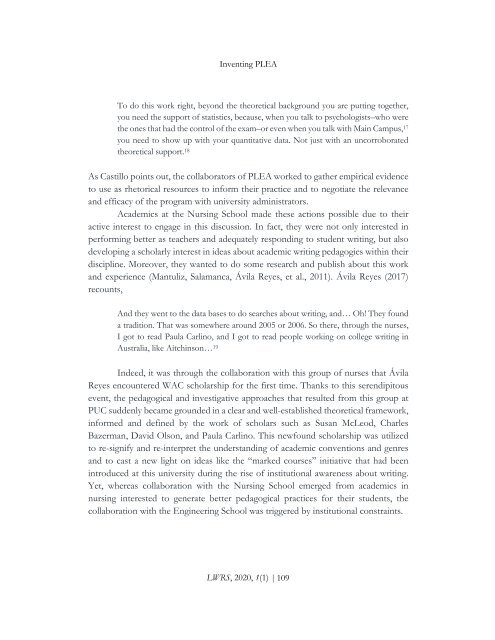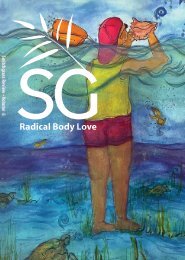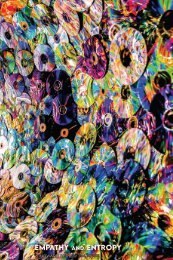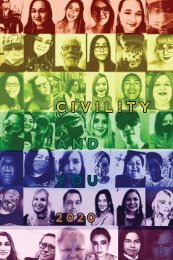LWRS June 2020 Volume 1, Issue 1
Inaugural Issue co-edited by Yndalecio Isaac Hinojosa and Isabel Baca
Inaugural Issue co-edited by Yndalecio Isaac Hinojosa and Isabel Baca
Create successful ePaper yourself
Turn your PDF publications into a flip-book with our unique Google optimized e-Paper software.
Inventing PLEA<br />
To do this work right, beyond the theoretical background you are putting together,<br />
you need the support of statistics, because, when you talk to psychologists–who were<br />
the ones that had the control of the exam–or even when you talk with Main Campus, 17<br />
you need to show up with your quantitative data. Not just with an uncorroborated<br />
theoretical support. 18<br />
As Castillo points out, the collaborators of PLEA worked to gather empirical evidence<br />
to use as rhetorical resources to inform their practice and to negotiate the relevance<br />
and efficacy of the program with university administrators.<br />
Academics at the Nursing School made these actions possible due to their<br />
active interest to engage in this discussion. In fact, they were not only interested in<br />
performing better as teachers and adequately responding to student writing, but also<br />
developing a scholarly interest in ideas about academic writing pedagogies within their<br />
discipline. Moreover, they wanted to do some research and publish about this work<br />
and experience (Mantuliz, Salamanca, Ávila Reyes, et al., 2011). Ávila Reyes (2017)<br />
recounts,<br />
And they went to the data bases to do searches about writing, and… Oh! They found<br />
a tradition. That was somewhere around 2005 or 2006. So there, through the nurses,<br />
I got to read Paula Carlino, and I got to read people working on college writing in<br />
Australia, like Aitchinson… 19<br />
Indeed, it was through the collaboration with this group of nurses that Ávila<br />
Reyes encountered WAC scholarship for the first time. Thanks to this serendipitous<br />
event, the pedagogical and investigative approaches that resulted from this group at<br />
PUC suddenly became grounded in a clear and well-established theoretical framework,<br />
informed and defined by the work of scholars such as Susan McLeod, Charles<br />
Bazerman, David Olson, and Paula Carlino. This newfound scholarship was utilized<br />
to re-signify and re-interpret the understanding of academic conventions and genres<br />
and to cast a new light on ideas like the “marked courses” initiative that had been<br />
introduced at this university during the rise of institutional awareness about writing.<br />
Yet, whereas collaboration with the Nursing School emerged from academics in<br />
nursing interested to generate better pedagogical practices for their students, the<br />
collaboration with the Engineering School was triggered by institutional constraints.<br />
<strong>LWRS</strong>, <strong>2020</strong>, 1(1) | 109





